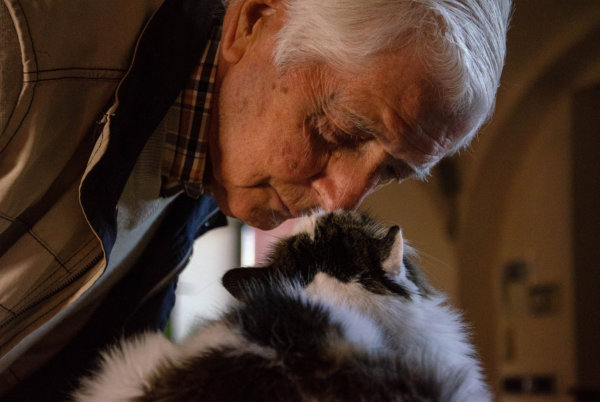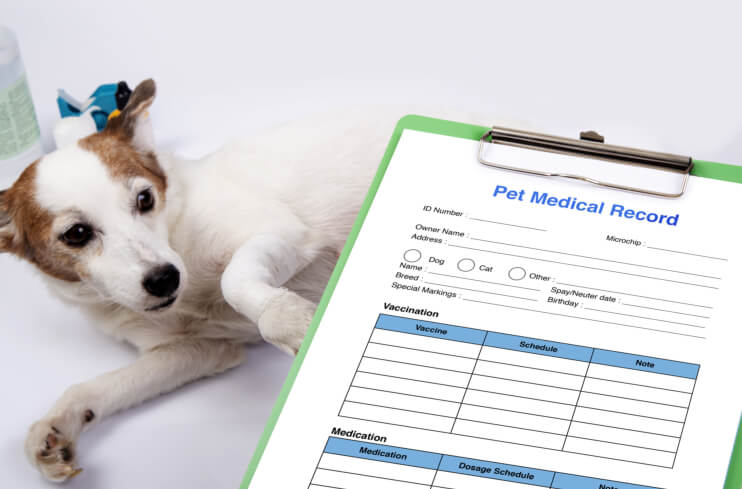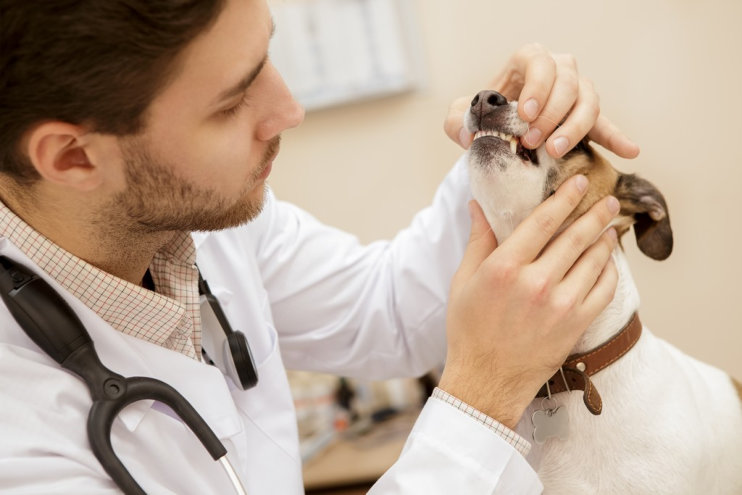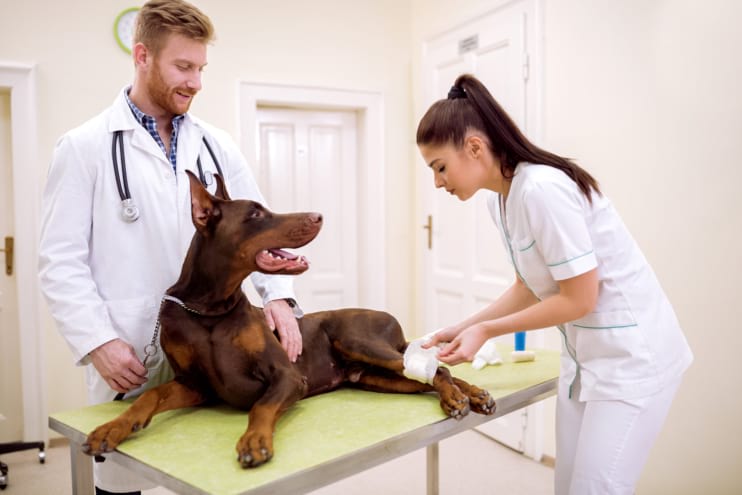
How Can a Pet Help Retirees?
A lot of people look forward to retirement— even when they love what they do. For better or worse, the average age of retirement in the United States is now 62. At this age, though there is still plenty of life to live, aging may well be starting to impact your quality of life. And in the long run, this can adversely affect the conditions of your retirement. This is a good reason to explore ways of ensuring that you stay healthy and happy even into older age. And one way to do so is by getting a pet!
Though having a furry (or feathered or finned!) friend may seem like an added burden at this stage, the truth is that they can be invaluable companions. What’s more, they also bring a plethora of benefits that can vastly improve your golden years.
Pets Can Help with Mobility Problems
Having a disability is quite common among retirees. In fact, over 46% of those of retiring age have a disability. In many cases, these disabilities can cause day-to-day challenges, impacting a retiree’s quality of life. Enter a pet in the form of a service animal! As explained in Symptom Find’s article on emotional support versus service animals, the latter are individually trained to perform specific tasks for certain people with disability. Usually, this means aiding people with physical, sensory, psychiatric, intellectual, or mental disabilities. A service animal’s tasks may include anything from opening doors to recognizing signs of a seizure. For those who do have mobility problems or other related health issues, having a service dog can make all the difference in setting up a happy, comfortable retirement.
Pets Can Improve Mental Health
Contrary to popular belief, the CDC’s post on depression within seniors reveals that this isn’t simply a normal part of aging. However, with increased possibilities of illness, grief, and other life changes, many people of retiring age experience more mental health challenges. And it’s of the utmost importance for those who do experience these issues to get proper help.
Aside from professional support and possible lifestyle adjustments, having a pet can be another beneficial choice. As a matter of fact, recent polls suggest that 79% of seniors believe their pets reduce stress. Furthermore, up to 73% of respondents have said that their pets provided a sense of purpose. This may also help reduce the anxiety, depression, or listlessness that some retirees feel having closed a chapter in their lives.
Pets Can Encourage Social Interactions
Among many of retirement age, socializing can take a backseat. While this may afford you some peace, prolonged stretches of isolation also get lonely. With a pet, however, you have no choice but to get out and interact! As a matter of fact, the increased social interactions that pets bring about are among the top reasons we previously discussed in our article titled “Why Pets Are Good for the Elderly.” Consider that with a pet dog, for example, you’ll probably go to dog parks and meet other dog owners. With a pet cat, you may befriend other patrons as you get them groomed. Even having more unique pets like a lizard or a bird may help you meet others with similar interests. Whatever your choice or preference, having a pet will improve your social life one way or another.
Pets Can Enhance Overall Physical Fitness
Considering that over 80% of all those of retirement age have at least one chronic condition, it’s also exciting to know that a pet can improve physical fitness. This is particularly important, too, given that many retirees are less active once they stop working. And pets really do help! Case in point, a write-up on heart health at MarketWatch states that dog owners have significantly better cardiovascular health. On top of this, similar studies prove that 64% of all pet owners are more active than peers who do not have pets. Largely, pets are believed to improve physical fitness because they require care that encourages owners’ movement. And as per another study, routinely walking a pet is even associated with lower BMI, fewer visits to doctors, and an ability to complete more vigorous exercises.
With all this said, it’s important to remember that having a pet in your retirement is also a responsibility. Just as your pet will shower you with love and care, so should you do the same for them. This includes getting them the right food and toys, taking them to the vet regularly, and investing in their safety with insurance. Through these efforts, you can be sure your pet will be just as healthy and happy as you are so that you can enjoy each other’s company for many years.
Check out the Best Pet Insurance that will suit you and your Pet at https://www.theinsuredpet.com/insurance-review





















